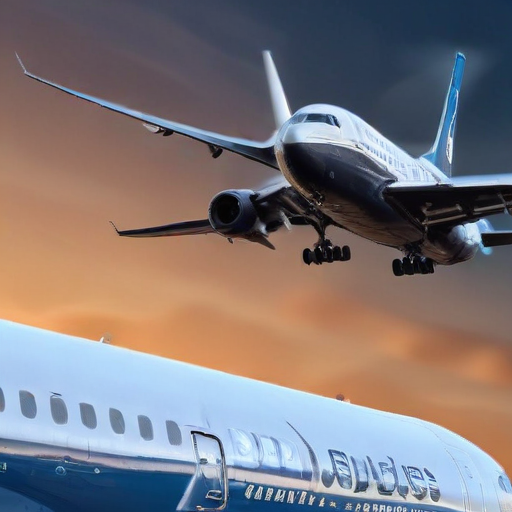Boeing has recently made headlines by securing significant orders for its 787 Dreamliner and 777 double-aisle aircraft from Japan Airlines and Korean Air. On Monday, the aerospace giant announced that it had locked in orders for up to 80 planes, which indicates a resilient response to the competitive pressures it faces, particularly from French rival Airbus.
Brad McMullen, Boeing’s head of sales operations, expressed appreciation for the long-standing relationship with Japan Airlines, emphasizing the airline’s decision to re-select the 787 Dreamliner as part of its fleet modernization efforts. Specifically, Japan Airlines has committed to ten Dreamliners with an option to add another ten.
The announcement coincided with the opening of the Farnborough International Airshow, a significant event in the aviation industry. In addition to Japan Airlines, Korean Air has placed orders for twenty of the 777-9 models and twenty 787-10 planes, with a potential option for ten more of the latter.
Boeing’s recent successes come as a counter to earlier reports where Airbus had made inroads with both Japanese and Korean airlines. A Reuters report highlighted that Japan Airlines had purchased 11 A321neo jets from Airbus, marking a shift as it was the first time the airline acquired a single-aisle aircraft from a competitor of Boeing. This was during a turbulent period for Boeing, stemming from ongoing issues surrounding the 737 Max.
Similarly, Bloomberg noted that Airbus had made significant sales to Korean Air, a carrier predominantly comprised of Boeing aircraft, further signaling the competitive landscape Boeing is navigating. The current orders showcase Boeing’s commitment to innovation and support for Korean Air’s long-term strategies in sustainability and growth.
This announcement not only underscores Boeing’s resilience amid fierce competition but also reaffirms their commitment to long-term partnerships. Such collaborations could pave the way for advancements in sustainable aviation and enhance the industry’s overall growth trajectory. As the air travel market continues to recover, Boeing’s strategic pivot may well place them in a favorable position moving forward.
